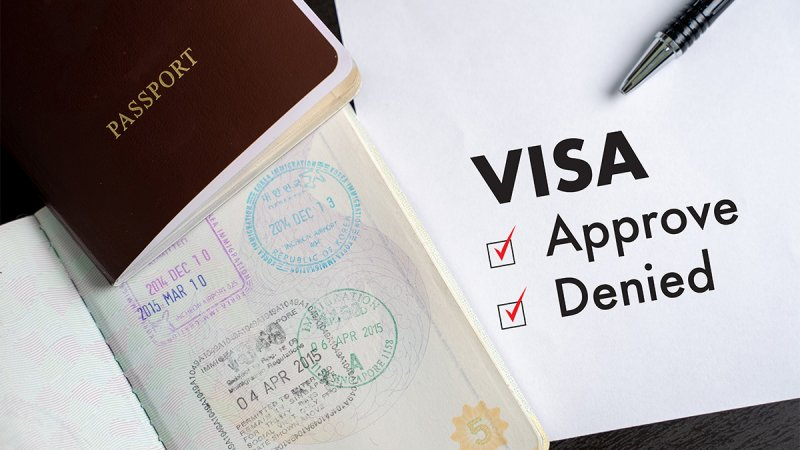Business travel is an important and often enjoyable part of a huge number of jobs, but it isn’t without its risks.
Conducting a thorough assessment of the potential hazards associated with the destination and the means of transport is a key part of meeting the employer’s duty of care towards its staff. Employees are protected by all the same rules during travel as they are when they’re at their desks.
An Ipsos Mori survey from 2017 suggested 58% of businesses had changed travel plans due to security concerns. It pays to be aware of security problems and stay informed of any changes, as security threat levels can change in an instant.
How do you Conduct a Security Review for Business Travel?
All security issues should be considered as part of a broader risk assessment covering all aspects of the trip.
A 2016 survey from the Association of Corporate Travel Executives revealed 67% of business travellers report a psychological effect on themselves and their families when they travel to a region where their safety may be compromised. Though sometimes travel risks may be truly unavoidable, it pays to be aware of them well in advance and for employers and employees alike to do everything they can to minimise them.

The areas that should be covered by a travel security review are:
Destination – The UK government publishes travel advice on every country in the world, which is a great place to begin when assessing security risks. It includes a terrorism threat level which is updated regularly, like all information on the site. If a country has travel warnings associated with it, it might be time to cancel or postpone the trip. Meetings that can be done remotely could be rearranged to remove the threats to the security of the employees who were planning to travel.
It’s useful to conduct thorough research into the country’s political, economic, social and cultural situation before booking. Some countries will be obviously high risk due to being part of a warzone or having frequent terrorist attacks, but others might have issues that many won’t be aware of without looking into the subject more deeply. Some hazards will apply to all travellers equally and others will affect certain groups of travellers disproportionately, such as women, members of the LGBT+ community or people with disabilities.
Emergency Response – If the worst happened and there was a security breach or a terrorist attack, would the travelling employees have an emergency response plan? Are they properly trained in travel safety?
Even the safest destination won’t be entirely free from crime. If employees are well-versed in security issues around travel safety, they’re less likely to fall victim to theft. It’s the employer’s responsibility to make sure their staff are trained in this, without assuming all employees have travelled extensively before.
All travelling employees should have all necessary emergency contacts with them and should know who to contact first in case of any emergency. They should also have regular check-ins to ensure their travel is going to plan (this is often a service offered by Travel Management Companies (TMC)).
Hotel and Airport Security – If a business traveller has to catch a connecting flight in a third country before reaching their destination, even if they don’t plan on leaving the airport, this should form part of the security review. Like all public places, airports and train stations can be at particular risk of attack, as the March 2016 bombing of Brussels airport illustrated.
Likewise, the choice of hotel should take security issues into account. If it’s in a higher risk area, does it have good security and has it got a good record of client safety? Employees should never be booked into places where there are concerns about their security.


